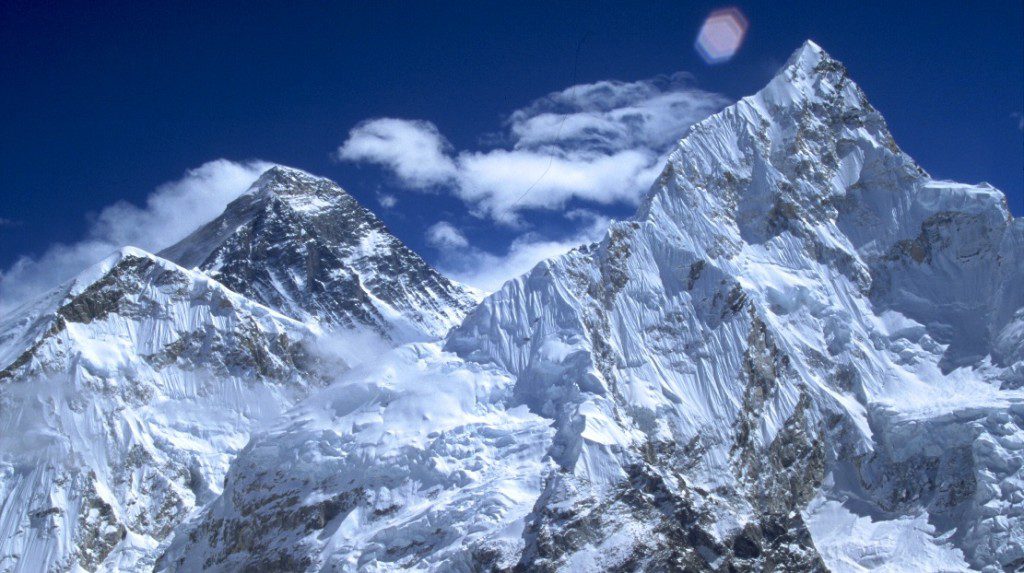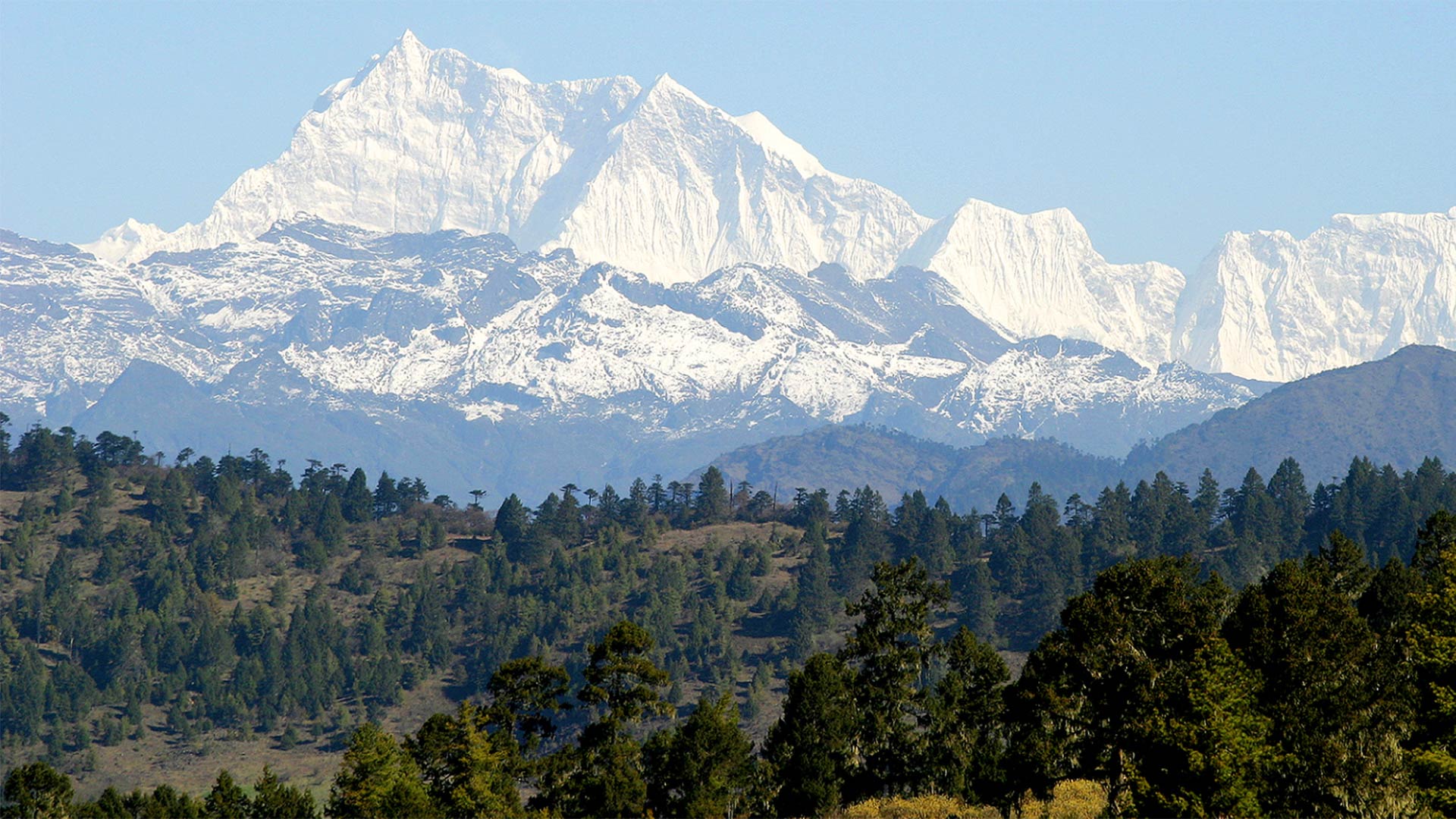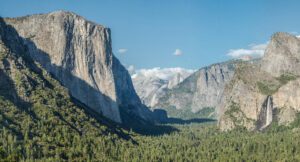This is the World’s Highest Unclimbed Mountain
While the mountain is now off limits to climbers, several expeditions did try to reach the summit when the area was open

Gangkhar Puensum, at 7,570 metres, is the highest unclimbed mountain in the world. The world’s second tallest unclimbed peak is Muchu Chhish at 7,453 metres. Gangkhar Puensum is also known as White Peak of the Three Spiritual Brothers. It lies on the border of Tibet and Bhutan, however there have been disputes about its exact location.
The reason Gangkhar Puensum is unclimbed is because it’s closed. According to Bhutanese customs and traditions, mountains are considered extremely sacred and are home to gods and spirits. However, mountaineers have tried to climb it. After Bhutan opened mountaineering in 1983, there were four expeditions that resulted in failed summit attempts in 1985 and 1986. In 1996, Bhutan began to prohibit climbing a mountain higher than 6,000 metres.
In the late 1990s, a team of Japanese mountaineers tried to climb Gangkhar Puensum from the Chinese side, but their permit was cancelled. Instead, they climbed Liankang Kangri, a 7,535-metre subsidiary peak two kilometres to the north. One of the climbers on the team, Tamotsu Nakamura, said, “As I cannot disclose an inside story behind the sudden cancellation, I write only that the reason why the permit was withdrawn was because of a political issue with [the] Bhutan government. I regret that Liangkang Kangri is not an outstanding summit.”
There are countless other unclimbed peaks in the Himalayas which are open to climbing. Ten years ago, Nepal opened over 100 peaks, including Yalung Khang West (8,077 m) and nine other summits over 7,000 metres. Even among the highest mountains, there are unclimbed high points, like the unclimbed sub-peaks over 8,000 metres on Lhotse.



